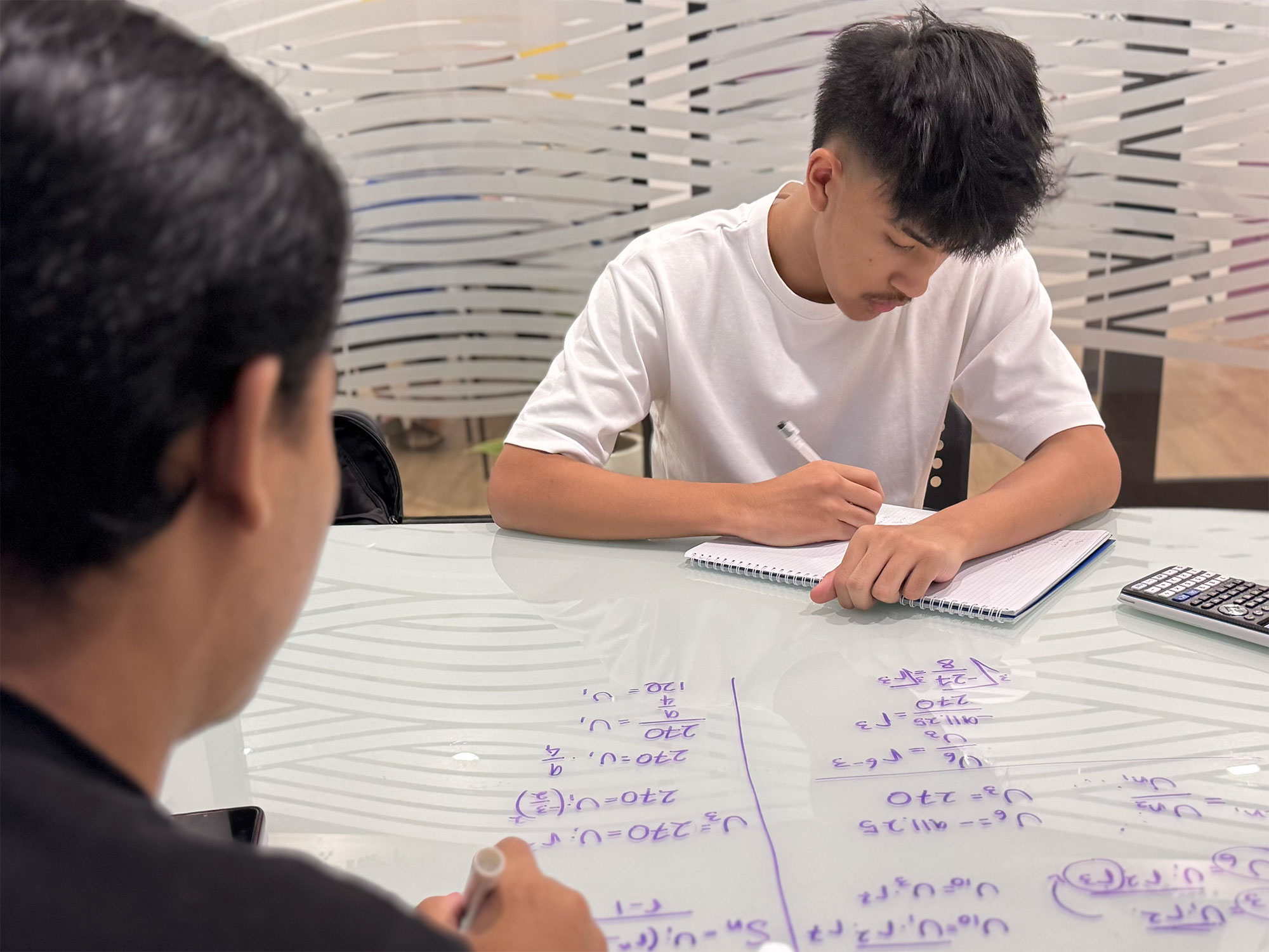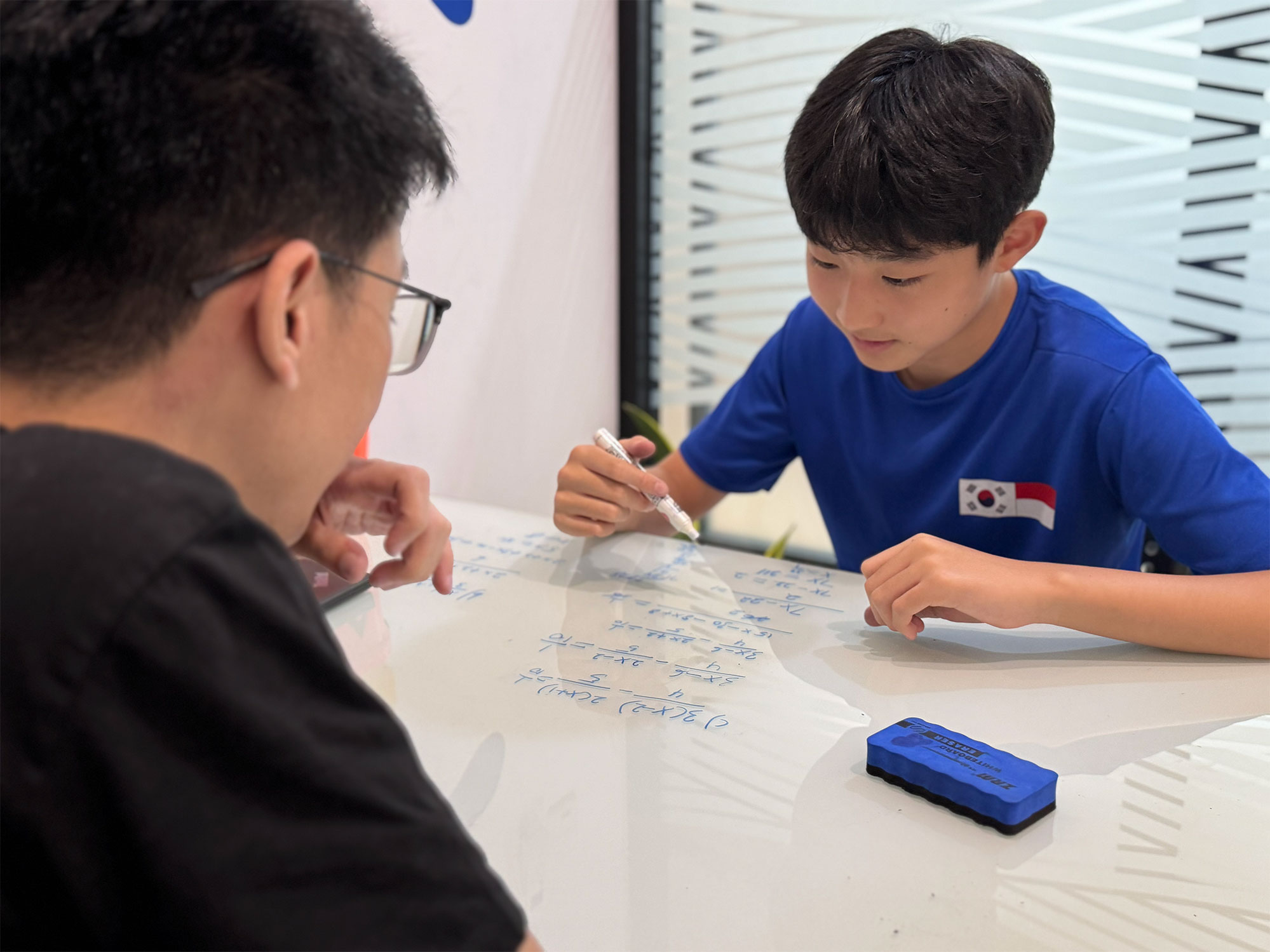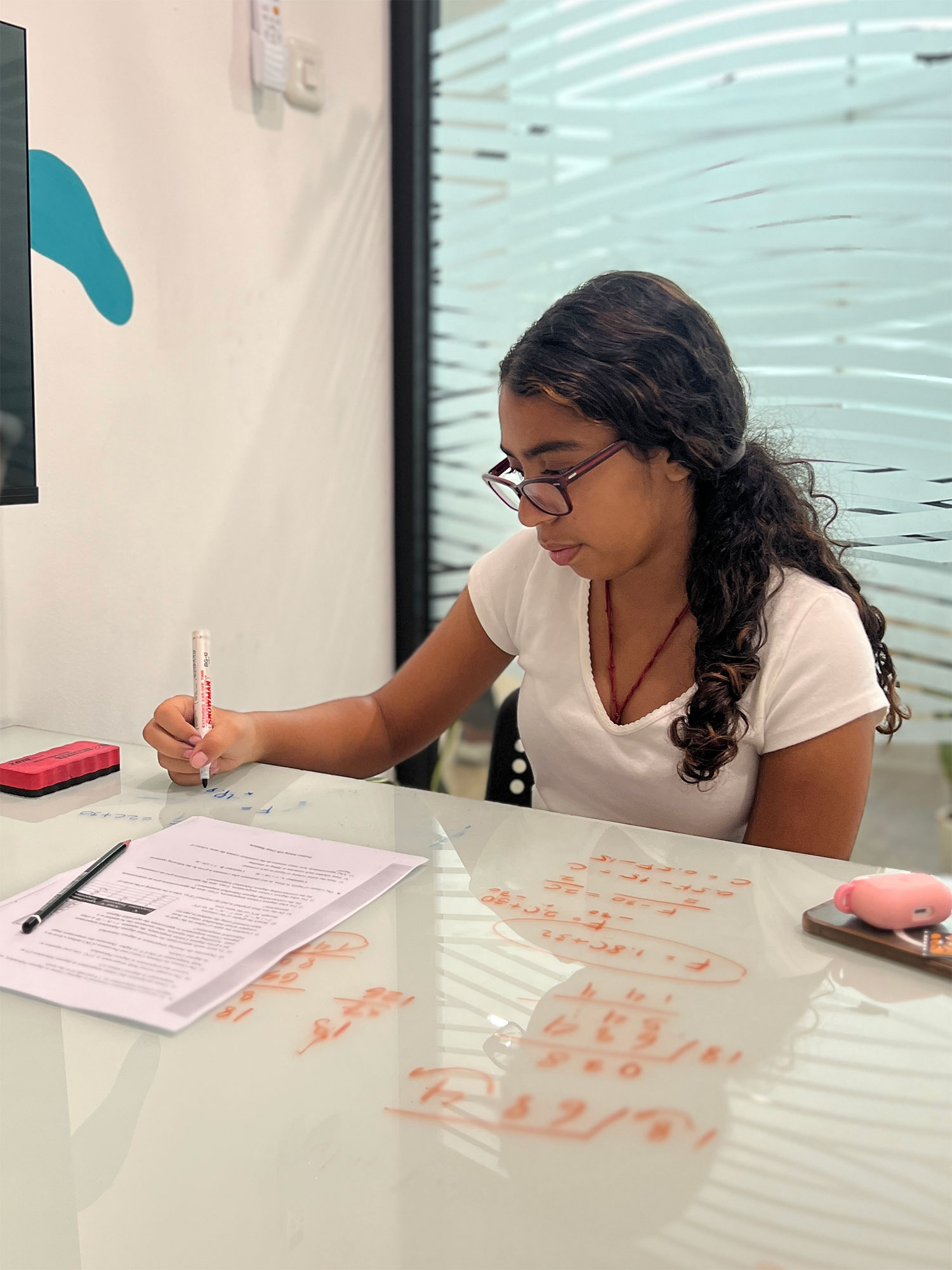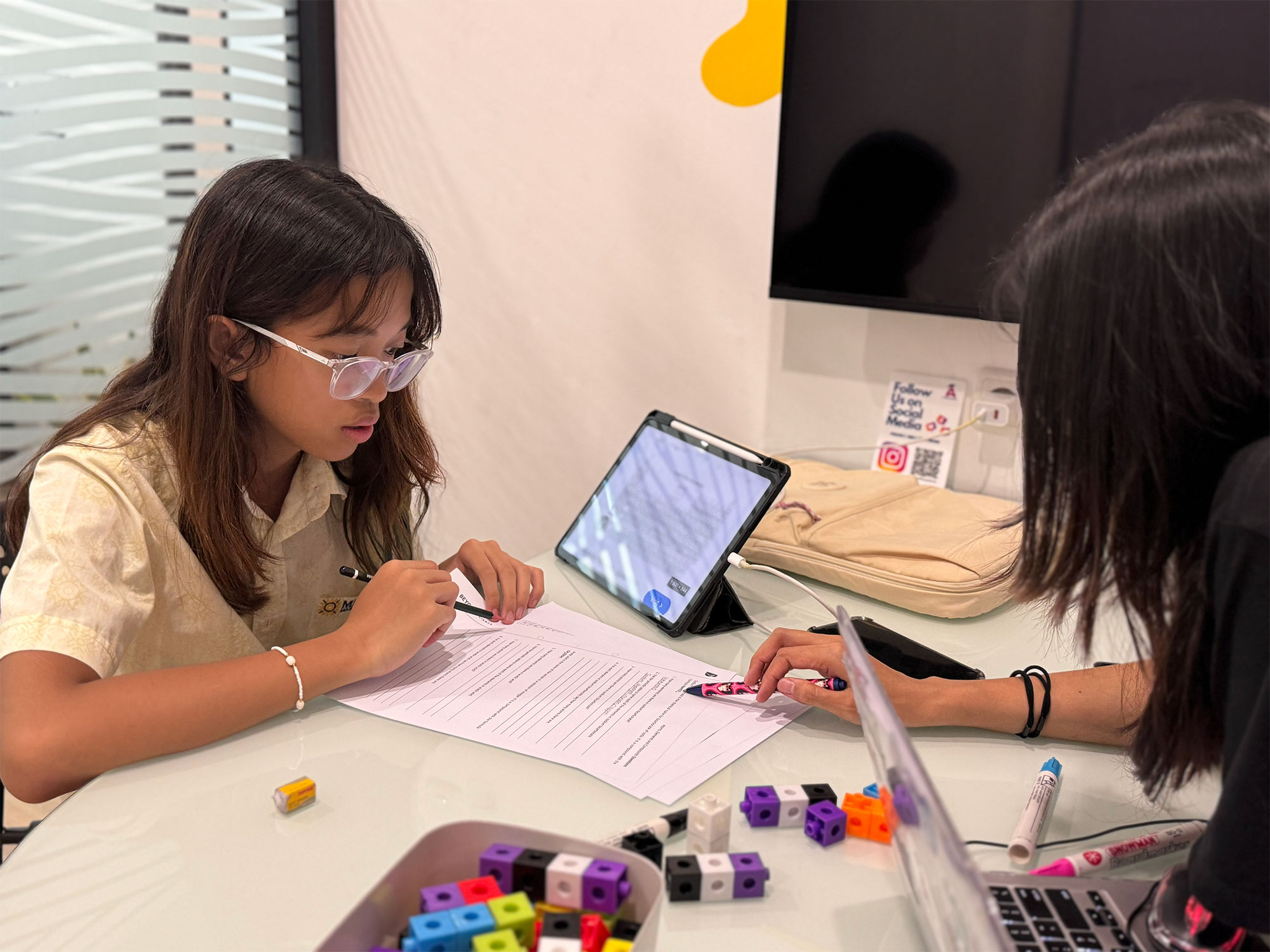Dealing with the First Round of Tests: Tips to Manage Stress and Improve Performance
The first round of tests in a school year often brings a mix of nerves and anticipation. Students want to see how well they have understood new material, while parents look for reassurance that their children are adapting to higher expectations. These early assessments can influence confidence, highlight areas for improvement, and set the academic tone for the months ahead. With thoughtful preparation and the right mindset, students can turn this milestone into an opportunity for growth rather than stress.

Preparing Early Makes a Difference
Last-minute cramming almost always leads to anxiety. Instead, encourage students to review material gradually in the days leading up to the test. Even short sessions of 20 to 30 minutes each evening help information settle in more effectively than a single long study session. This approach not only reduces stress but also improves memory.
Active Study Builds Confidence
How students study matters as much as when they study. Passive methods, like re-reading notes, often give a false sense of preparedness. Active strategies, such as creating flashcards, practicing with past questions, or teaching the material aloud to someone else, make a far greater impact. These methods require students to recall and apply knowledge, which strengthens understanding and builds confidence.
Healthy Habits During Test Week
Academic preparation is only one part of the picture. Students perform best when their physical and mental health are supported. Adequate sleep, balanced meals, regular movement, and proper hydration all contribute to sharper focus. Parents can also help by ensuring the home environment is calm and encouraging, particularly on the evenings before tests.
Test-Taking Strategies That Help
In addition to content review, students benefit from learning practical strategies for the test itself. For example:
Read all instructions carefully before starting.
Answer easier questions first to build momentum, then return to the harder ones.
Keep an eye on the clock, dividing time across sections.
Review answers if there is time at the end.
Practicing these approaches in advance helps students feel more comfortable and reduces exam-day nerves.

Keeping Perspective
Perhaps the most important lesson is that these first tests are not about perfection. They are a checkpoint, showing students what they already know and what still needs work. Mistakes should be seen as feedback rather than failure. Parents who focus on effort, preparation, and progress help their children develop resilience and a healthier attitude toward challenges.
How Tutoring Can Provide Extra Support
Sometimes students need more than encouragement to feel fully prepared. Tutoring offers structure, clear strategies, and subject-specific reinforcement. At A for Effort, a leading tutoring center in Jakarta, our tutors work with students to design effective study plans, review challenging topics, and practice test-taking techniques. Whether preparing for IB, IGCSE, SAT, or school-based exams, our tailored support ensures that students approach their tests with clarity and confidence.
Final Thoughts
The first tests of the year can feel intimidating, but they do not have to overwhelm students. With early preparation, active study methods, and healthy routines, children can perform well and gain valuable insight into their learning. Parents provide the encouragement that keeps students steady, while tutoring can add the extra boost where needed. At A for Effort, we are committed to helping students build both the academic strength and the confidence that carry them through every assessment.
For more information on how A for Effort can support your child’s academic journey, contact us at:
Phone: +62 819 1100 1203
Email: info@aforeffort.org
Website: www.aforeffort.org







